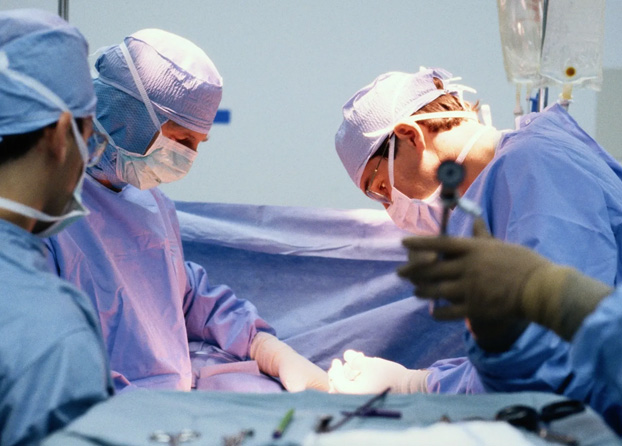Why do depressed scars form?
The skin has an amazing ability to repair itself, but some injuries can exceed its self-healing limits. When the injury penetrates the epidermis and goes deep into the dermis and e...

Our solutions start with a need. Patients and healthcare professionals inspire us to design medical solutions for wound management, surgery and pressure ulcer prevention. We want to enhance performance at every point of care – from the operating room to the home.
The skin has an amazing ability to repair itself, but some injuries can exceed its self-healing limits. When the injury penetrates the epidermis and goes deep into the dermis and e...
Acne recurs frequently, which not only affects your appearance but also makes you upset. Today, I will share with you a little secret. With the right method, you can also suppress ...
Many people find that their lower body (buttocks, thighs, calves) is abnormally large and disproportionate to the upper body. Even with a strict diet and exercise, this part of fat...
When wounds are slow to heal, especially when accompanied by persistent exudate, swelling, or venous insufficiency, doctors often recommend a seemingly simple but very effective ph...
After some major surgeries, such as radical mastectomy, gynecological tumor surgery, or orthopedic surgery involving lymph node dissection, the wound may continue to exude. This ex...
During the third week of radiotherapy, Uncle Chen's neck skin began to turn red and hot, stinging like being burned by the sun, and even putting on clothes became a torment. This t...
The skin that was relatively stable in winter has problems in summer: red and swollen pimples appear on the forehead and chin, the amount of oil secretion increases dramatically, a...
After the surgery, the stitches were removed, and the wound healed. I felt relieved, but after a while, the scar began to become red and swollen. It felt hard to the touch, and eve...